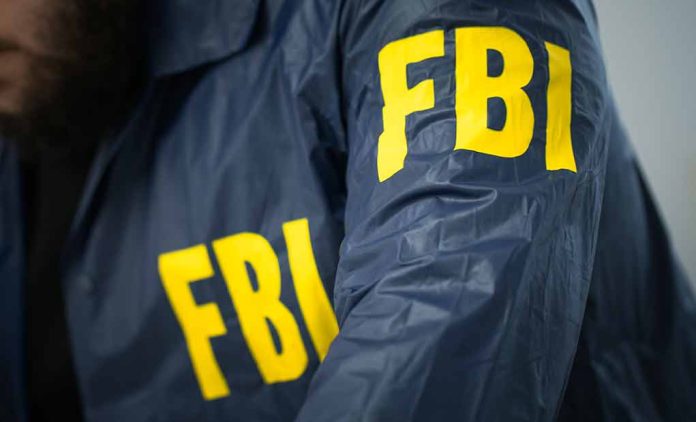
The recent arrest of a D.C. Council member by the FBI has ignited serious debate about corruption and the need for transparent governance in Washington, D.C.
At a Glance
- The arrest shines a spotlight on severe corruption allegations.
- Community members are increasingly demanding transparent investigations.
- The Metropolitan Crime Commission plays a pivotal role in combating corruption.
- Public trust in elected officials is at risk.
Arrest Leads to Heated Debates
The political landscape in Washington, D.C., has been unsettled by the FBI’s recent arrest of a Council member. The arrest brings to light severe allegations of corruption that have disturbed many community members. This pivotal incident has triggered fervent debates over the systemic integrity of the local government.
The immediate response from local citizens and advocacy groups underscores the critical necessity for transparent governance and robust ethical standards. Public trust in elected officials, already fragile, faces further challenges as calls for thorough investigations and accountability measures grow louder.
The FBI’s efforts to address abuses of power by public officials highlight the importance of maintaining high standards of conduct in government. Director Christopher Wray emphasized this during his lecture at the University of Georgia, stressing the FBI’s commitment to government accountability.
The arrest invites scrutiny on how local governance operates and whether elected officials are upholding their duties with integrity and transparency. By demanding answers and calling for investigations, community members aim to shed light on the extent of corruption and ensure accountability.
The Role of the Metropolitan Crime Commission
The Metropolitan Crime Commission (MCC) of New Orleans is set to receive the 2023 FBI Director’s Community Leadership Award, recognizing its role in combating crime, terrorism, drugs, and violence. Over its 70-year history, the MCC has become a reliable partner in exposing corruption and holding individuals accountable.
In 2023 alone, the MCC provided information that led to five indictments, two guilty pleas, and 19 sentencings related to corruption and fraud. This track record underscores the crucial role organizations like the MCC play in supporting the FBI’s mission to uphold justice and societal integrity.
“The fact the MCC has been able to maintain its integrity and value as a reliable source for law enforcement and the community for more than 70 years is a testament to the dedication of the people who serve the organization,” said Myrthil.
The MCC’s recognition comes at a time when public calls for transparency and accountability are growing louder, particularly in the wake of the D.C. Council member’s arrest. As more eyes turn toward the steps being taken to combat corruption, the MCC’s longstanding contribution serves as a beacon of integrity.
D.C. Council member Trayon White arrested by FBIhttps://t.co/X2Qs869C8B pic.twitter.com/WpZjlScuAD
— The Washington Times (@WashTimes) August 19, 2024
Federal Initiatives to Combat Corruption
The Biden-Harris Administration has laid significant emphasis on restoring and strengthening American democracy, which includes making substantial investments to combat corruption and uphold democratic principles. Efforts such as the Freedom to Vote Act and the John Lewis Voting Rights Advancement Act are key legislative priorities aimed at protecting voting rights and enhancing election security.
Additionally, the Administration has released the first-ever U.S. Strategy on Countering Corruption, signaling a robust federal commitment to tackle systemic corruption. This strategy encompasses various initiatives, including promoting civic engagement, supporting independent media, and ensuring secure elections against foreign interference.
“In a town where corruption is a virtual spectator sport, the Metropolitan Crime Commission has served as a steadfast and loyal partner in helping to bring illegal activity to light and hold the appropriate people accountable,” said Myrthil.
Transparent governance and ethical standards are crucial to maintaining public trust. As federal and local efforts converge to address and mitigate corruption, the resilience of institutions like the MCC, combined with community vigilance, can help safeguard the democratic process.





